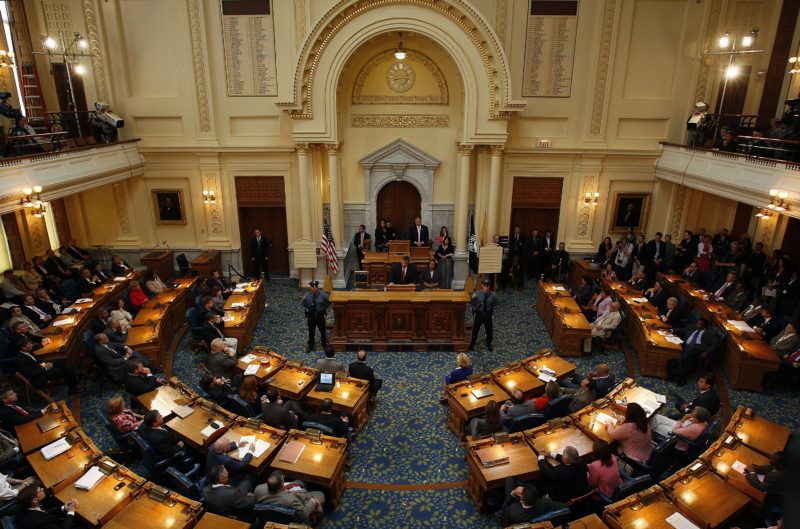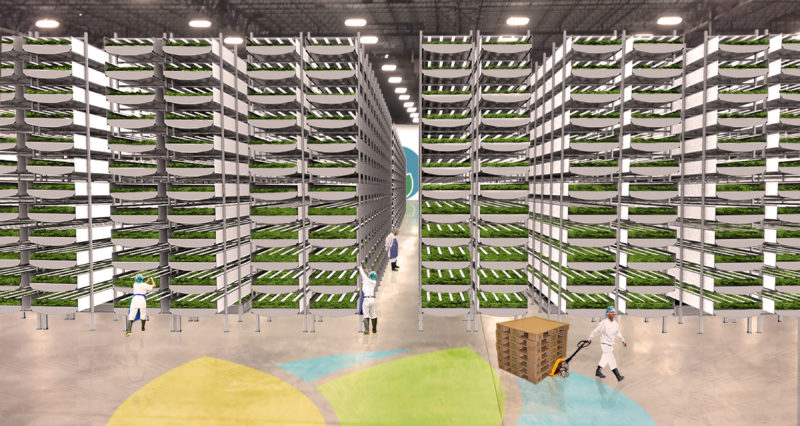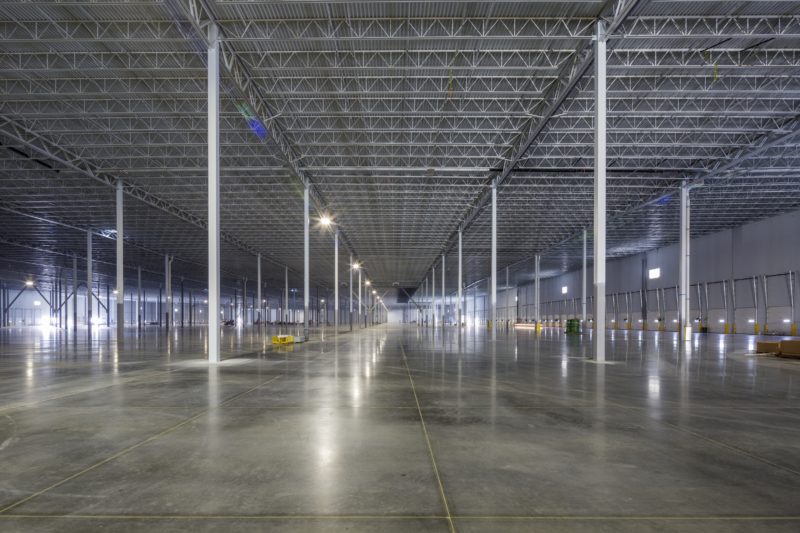While many New Jersey residents and business owners are rightfully concerned about the potential adverse impacts from federal tax reform measures at the same time as increases to state taxes are being discussed by Gov.-elect Phil Murphy and our Legislature, let’s not overlook the possible ways that local mayors can help to ameliorate this situation.
Policy Page
Our updates and analysis will keep you informed of every piece of legislation and public policy issue that affects commercial real estate in New Jersey, from a zoning dispute or a proposed change to the tax code.
A regulatory framework for our new administration
As our next governor focuses on making our state more affordable for both businesses and residents, it would make sense to ramp up efforts to cut red tape by eliminating ineffective rules and empowering qualified private-sector professionals to handle more administrative work, technical reviews and project approvals.
Something to brag about: An up-close look at our port performance
As an advocate for the commercial and industrial real estate industry in New Jersey, I am impressed with the progress that has occurred over the last few years in the operation of our Port of New York and New Jersey. Serving on the Council on Port Performance has given me an opportunity to weigh in on and observe numerous programs and initiatives to improve efficiency and service reliability at the port, which benefits our transportation, distribution and logistics industry. This collaborative effort has and continues to tackle various issues related to operational efficiency, including increasing vessel size, labor shortages, shortage of chassis, operating system failures and disruptions — such as Superstorm Sandy, blizzards and construction. With a shared goal of enhanced port operations, the diverse council members deliberate, share information and advocate for reforms that have impact.
With a state government in transition, let’s build on our progress
As we prepare for the next governor and potential changes in the Legislature, it is important to recognize what New Jersey has accomplished in the last several years, continue this momentum and support these programs and initiatives. Our economy is certainly getting better, based on all the construction taking place and today’s low unemployment rate. Affordability and stagnant wages, however, remain challenges to many and are a big reason why a huge proportion of millennials are still living at home with their parents. Without immigration, our population would be dwindling.
Thinking green: The role of indoor farming in older industrial space
In a state where available industrial space is already in short supply due to our exploding e-commerce sector, asking prices and rents for older and smaller industrial buildings may soon be rising dramatically. Also on the rise will be demand for the power needed to fuel plant growth and maintain proper growing conditions.
It’s time to address a critical need: Infrastructure investment
Maintaining a healthy level of connectivity is critical. This is why we need to continuously invest in our infrastructure to keep things like our economy and lives moving. People, goods, cars, trucks, trains, data, energy, drinking water and sewerage need to get places in a timely way. Where and how we live, work and play are influenced by access to these places.
Long overdue liquor license reform would drive economic development
Restaurants have proven to be desirable anchors for redevelopment projects and magnets for other businesses. However, with few liquor licenses available, smaller local establishments are having their chances of success diminished or are being shut out, thereby stifling competition, development and consumer choice.
E-commerce boom, a disruptor in N.J. industrial market, is a golden opportunity for developers and public officials
E-commerce, today’s retail model, is growing rapidly, as products and technology evolve and consumers come to rely on the ease and convenience of online shopping. In addition to its much-talked-about impact on the overall retail picture, e-commerce has been a key driver for industrial real estate, especially in those well-situated locations that facilitate a speedy and low-cost way of delivering goods to consumers.















